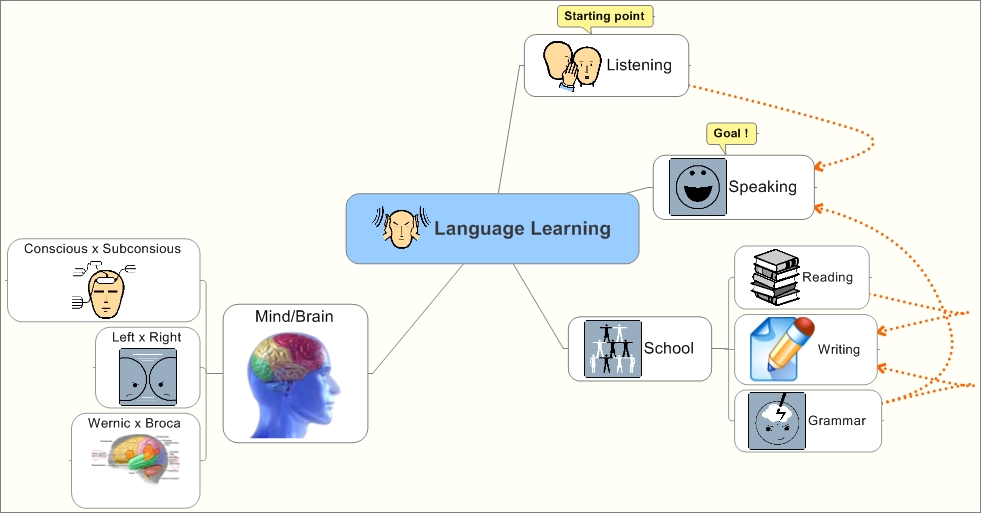Look at the sentence itself, and look attentively - “LEARN FROM MISTAKES”
Can you see it? The answer is there… and is in the middle. The answer is “FROM”. I realized it in the morning, before being fully awaken. Still in my bed. I realize that maybe better would be to say “learn AWAY FROM mistakes”. What I want to say? I want to say: do not pay so big attention to your mistakes. If you are aware of your mistake, OK, but go forward. If you speak, for example, continue, do not stop, do not return to that mistake. Focus yourself to activity itself, do not waste energy, go ahead. There will be a lot of mistakes and a lot of opportunities to say it right way. Later.
I see those mistakes just like some stepping stones we use for moving to the higher levels. If you are running upstairs you would not turn back all the time. This way you would either significantly slow down your pace or you would finish your activity quickly with an accident.
Imagine yourself that you are a small boy or girl and you have a new bike. You are learning to use it, to ride it. It is not easy in the beginning. Maybe you have fallen. It was an error. Will you focus on that error so much, all the time, to be afraid to fall again, to think how not to fall, why you fell…? With this attitude you would probably never learn how to bike at all. I think that children (fortunately) have a little bit different approach. The child can see a friend biking and do it the same way, do what works, and after some difficulties, gets skills to do it quite right. There is no need to analyze initial troubles too much. This way the children learn naturally. The same it is with learning to walk or to speak their mother tongue.
At school it is somehow else. The teacher marks errors by red color and all attention (energy) is focused on them. It is so big problem! But I see it now as an artificial problem. It is not a problem of the student but a big problem of the school system itself! The focus in on a bad side, the negative side. The side where the energy is wasted like in some “black hole”.
What I would suggest? I would suggest even to use different terms for those mistakes or errors – maybe something like “nearly right”, “half right”, “partially right”... After all this is a process of learning and it will improve gradually and automatically. Look at small children. Do we correct them this way too when they learn their mother tongue? What they (and we learners) need are only right models to imitate and those mistakes gradually disappear (on its own accord).
The obsession with the “correctness” leads only to lack of fluency and destroys natural zest for language. It creates in us the notion that the language learning is something difficult, unpleasant and probably even beyond our possibilities. It prevents us from using the language with joy and without using it we cannot actually learn it well.
The biggest error would be not to do these errors, I mean not to speak or write, or read, or listen the best way we can. Always do your best, no less, no more.
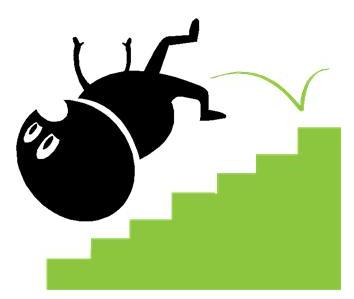



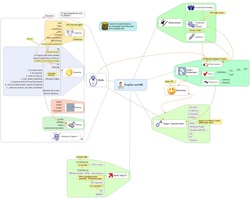
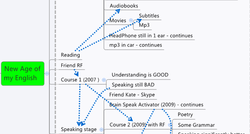


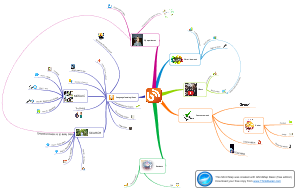
 RSS Feed
RSS Feed
